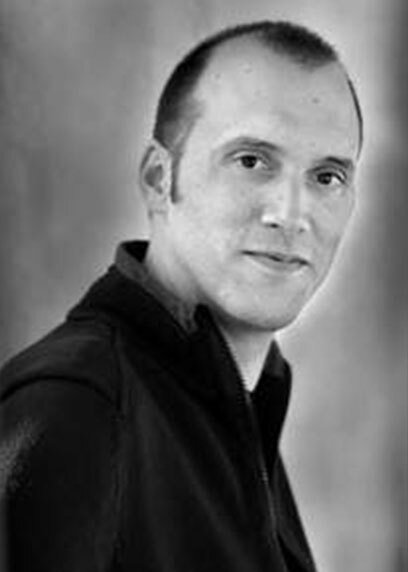
Johan Meyers
Katholieke Universiteit Leuven, Belgium
"Real-time LES and fast flow models for wind-farm applications"
With next generation wind turbines surpassing a rated power of 10MW and large wind-farm projects exceeding 1GW in installed capacity, complex flow interactions between turbines, the farm, the atmospheric boundary layer and meso-scale weather systems become more and more important for the design and control of wind-energy systems. Processes that are important include turbine wake interaction, effects of turbulence, wind veer and wind shear on loads, wind-farm blockage and gravity wave excitation, and farm-farm interaction. In the last decade, large-eddy simulations have evolved into a high-fidelity testing environment that has been instrumental in better understanding these different physical processes. However, for design, real-time monitoring and control, much faster models are necessary. In the current talk, the prospect of using LES as a real-time flow model for wind-farm applications is discussed. It is shown that coarse-grid LES can produce accurate flow predictions over time horizons up to 30min, while being two orders of magnitude faster than real time. Moreover, state-estimation in LES based on lidar measurements is discussed, for which Bayesian inference and 4-Dvar are used. Finally, fast models for wind-farm–gravity-wave coupling are also discussed. These phenomena occur at a larger scale that encompasses the boundary layer. To this end, an atmospheric perturbation model is presented that can either be coupled to LES, or can be used as a driver for simpler wind-farm engineering models, such as the Gaussian wake merging model.
Short CV
Johan Meyers is a professor of Mechanical Engineering at KU Leuven since 2009. His research focuses on the simulation of turbulent flows and the atmospheric boundary layer with applications in wind energy. JM obtained a PhD in 2004 at KU Leuven, was a postdoctoral researcher at Univ. Paris 6, and a postdoctoral research fellow of the Science Foundation Flanders. In 2012, he obtained an ERC grant on wind-farm control, and since then he has been involved in various European projects on wind energy. Since 2017, Johan Meyers serves as the vice-president of the European Academy of Wind Energy, and he is also active as an associate editor for Computers and Fluids and for Wind Energy Science.


